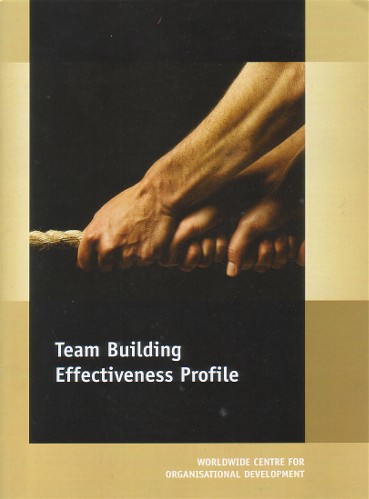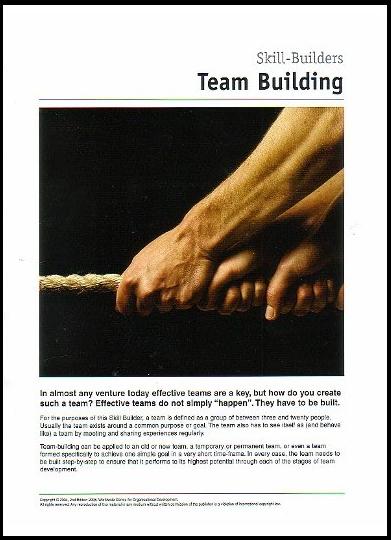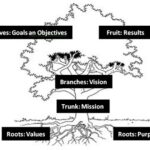When any team is working well it has high levels of “synergy.” Synergy means the interaction of two or more forces so that their combined effect is greater than the sum of their individual contributions – that is, the whole is greater than the sum of the parts. Even if this were not the case, the semi-coordinated efforts of a team would still be more successful than the efforts of a lone individual.
In the local church or mission context, the same can be said of ministry teams: they work hard to develop high levels of “synergy. But what about those teams that struggle? What are the signs? The unhealthy behaviours?
A few years ago I worked with a team that was in distress. They had been suffering for a long time when I arrived on the scene. There were conversations going on behind people’s backs, work that was assumed was getting done but really wasn’t, and resources that were mismanaged. It was–to be blunt–a hot mess! One of the first things I did was meet with individual team members to conduct a full team assessment. I wanted to get a clear picture of:
- What was working
- What was not working
- What needed to change
Over the course of the following weeks and months the picture became clearer, and it was evident what issues needed to be addressed. Now, years later, the team has gone through a significant change and refocused their vision for the future. They are in a much better place. To get there, however, they needed to do some deep work in order to move from where they were to where they wanted to be.
Some teams never make it. Others might limp along.
So how do you know the signs of unhealth within a team?
Here are some telltale signs that warrant attention:
- Lack of vision and direction
- Conflict of values
- Ambiguity of roles
- Unclear ground rules
- Inability to monitor plans
- Closed to new ideas
- Unable to keep clear boundaries
Well before any attempt has been made to build a team’s skills, it is critical to understand the stages through which a typical team will travel over time. A considerable amount of research has been done on the stages of team growth, and experts agree that teams go through four distinct phases: Forming, Storming, Norming and Performing.
The Team Building Effectiveness Profile (which takes around 20 minutes to complete) looks at an individual’s ability to effectively build the team using the Forming, Storming, Norming and Performing model, with seven separate categories in all:
- Vision and direction (Forming)
- Value alignment (Forming)
- Role clarity (Storming)
- Setting ground rules (Norming)
- Monitoring systems (Norming)
- Continuous learning (Performing)
- Boundary management (Performing)
A total of 84 questions help individual team members to determine their overall competence in each of these seven areas.
How healthy is your team? If you are curious and want to get a sense of where your team is in the developmental process here is a Team Building Skill Builder booklet that will help you gain further clarity. I would even encourage you to send the booklet to each of your team members to work through individually, and then discuss your thoughts afterward.




Comment here